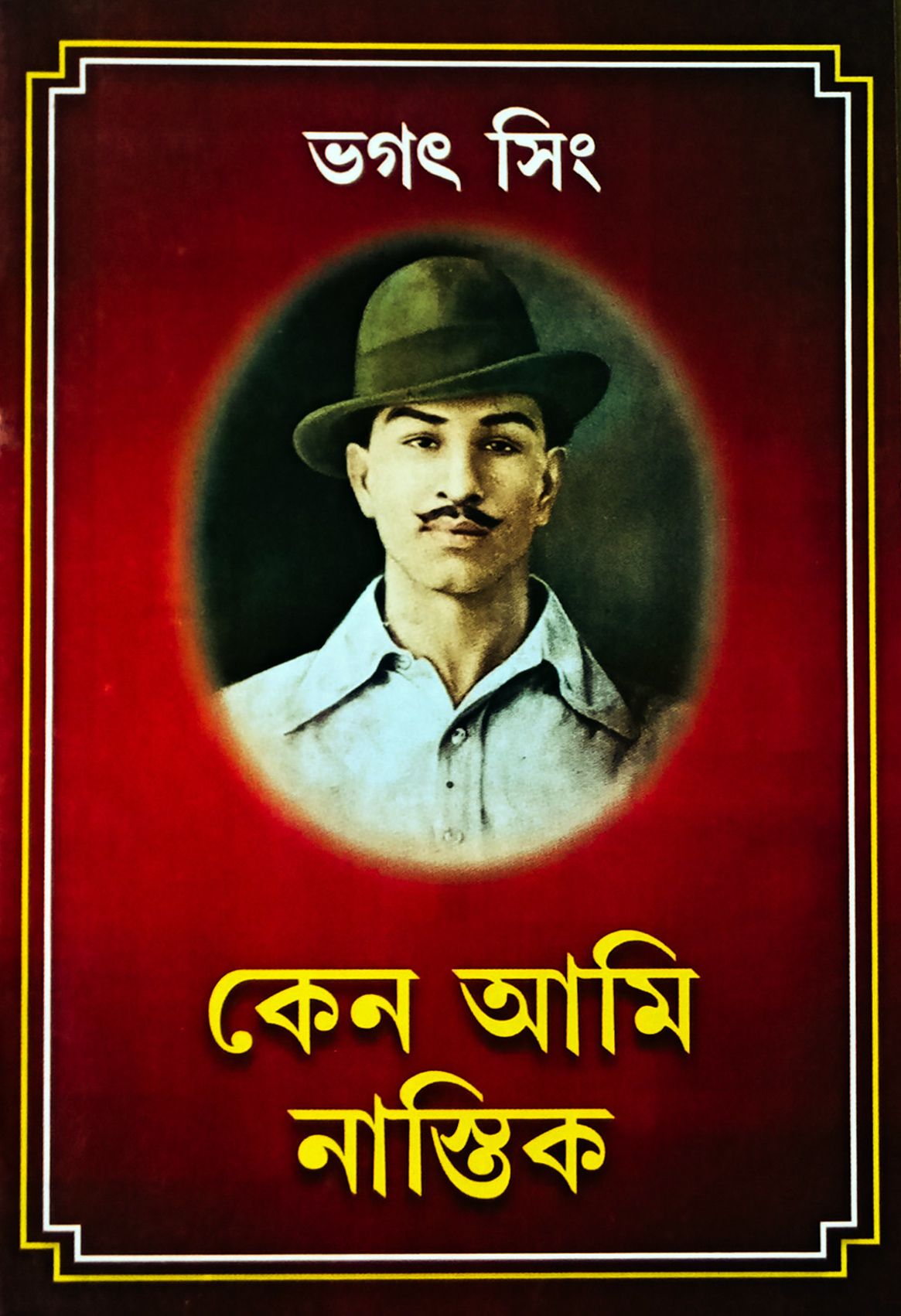Keno Ami Nastik
Keno Ami Nastik is backordered and will ship as soon as it is back in stock.
Couldn't load pickup availability
Genuine Products Guarantee
Genuine Products Guarantee
We guarantee 100% genuine products, and if proven otherwise, we will compensate you with 10 times the product's cost.
Delivery and Shipping
Delivery and Shipping
Products are generally ready for dispatch within 1 day and typically reach you in 3 to 5 days.
-
Author: Bhagat Singh
-
Category: Essays
-
Publisher: National Book Agency Private Limited
-
Language: Bengali
-
First Publication Year: 1980
-
Edition: 4th Edition
-
Binding: Paperback
-
Number of Pages: 32
-
ISBN: 978-93-92593-59-8
About the Book:
-
Theme: Keno Ami Nastik is a powerful essay written by Bhagat Singh during his imprisonment in the late 1930s. In this essay, he articulates his reasons for rejecting religion and embracing atheism. His argument is not just philosophical but also rooted in his revolutionary ideology, as he seeks to free the oppressed from all forms of exploitation, including religious dogma.
-
Content: The essay reflects Bhagat Singh's belief in socialism and his admiration for Lenin as his guiding figure. He strongly critiques the religious beliefs that he feels contribute to the exploitation of humanity and highlights his conviction that the path to true liberation lies in embracing a scientific and rational outlook on life.
-
Purpose: Written in the context of his revolutionary ideology, the essay underscores Bhagat Singh's commitment to social justice and his belief that the struggle against British imperialism and the establishment of socialism in India must be free from religious influence. The essay presents a clear, unapologetic argument for atheism, rooted in his quest for a more just and equitable society.
-
Significance: Keno Ami Nastik is one of Bhagat Singh’s most influential writings, showcasing his deep philosophical and ideological convictions. It offers insights into the mind of one of India’s most revered freedom fighters, providing a perspective on his views about religion, society, and revolution.





